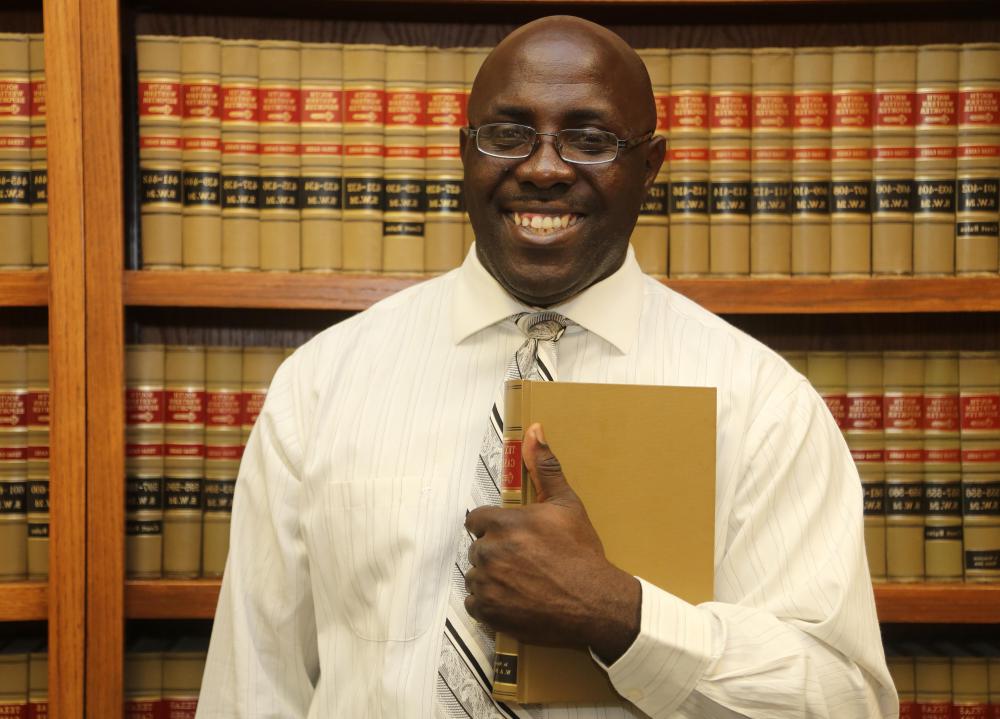At WiseGEEK, we're committed to delivering accurate, trustworthy information. Our expert-authored content is rigorously fact-checked and sourced from credible authorities. Discover how we uphold the highest standards in providing you with reliable knowledge.
What does a Securities Lawyer do?
A securities lawyer has three areas of responsibility: stay informed on new laws and legal rulings related to securities, work with clients, and act as a resource. As a securities lawyer, the primary focus is working for corporate clients. Every large firm that is trading its stock on the securities market typically has a securities lawyer or firm on retainer. In addition to this role, securities lawyers can work for government agencies in enforcement or ligation.
In order to become a securities lawyer, you must successfully complete law school. In North America, this is essentially a graduate degree, as all applicants must complete at least two years of a bachelor's degree to apply. Candidates interested in securities are well advised to complete a bachelor's degree in accounting, finance, or business. This is a very complex field, and a solid understanding of business accounting and financial practices is required to be successful.

People who enjoy complex puzzles, are voracious readers, and enjoy wrestling with complexity find the greatest amount of success in this role. Securities laws are exceedingly complex and the lawyers who are attracted to this field are usually detail-oriented. Positions in enforcement or litigation are very challenging due to the complexity of the issues, as well as the skill and creativity of the corporate law firm.
Securities lawyers are required to stay current on all changes and developments in securities laws. In the wake of several large financial scandals in the late 1990s and the financial collapse of 2008, many courts took a closer look at securities issues and made a series of precedent-setting decisions. While some of these may be overturned in time, it is an excellent example of how quickly laws in this area can change.
Interacting with the client is an important part of the role of a securities lawyer. He or she is typically involved in conflict resolution, providing guidance on company policy, protecting the company during audit, and dealing with litigation. In this role, conflict resolution and effective communication is critical.
In most companies, the securities lawyer plays an important role as expert resource. When determining new policy or company procedures, executives in senior management may need to obtain a legal opinion from the securities lawyer before making a decision. Accuracy and a clear communication of benefits and risks are essential. The ability to work well with a wide range of people, resolve problems quickly, and share information and experience with staff are important skills.
AS FEATURED ON:
AS FEATURED ON:











Discussion Comments
Thanks for all the advice. I'm on the lookout for a securities attorney and this is some good advice.
@jsmay - I do agree that in a company determined to act ethically, an internal lawyer who is proficient in the subject matter could help to head off problems. Lots of companies do have a legal department that reviews things before they are done to prevent problems.
I would think, though, that a stock trader or investment banker who isn't brand new could give you a pretty concise summary of the rules and ethics of their profession, and that many or most of those who cross the line know what they are doing.
I'm not talking about a complicated "grey area" that may not even have clear-cut rules. That is exactly what you need a lawyer to help you with. I'm talking about getting a tip from a friend who works inside a company you trade, or bribing someone, or stealing information. It's hard to plead ignorance with something like that.
@jsmay - You're assuming that the securities lawyer would actually want to stop the person from committing the unethical acts. In some cases, I'm sure they would. In others, not so much.
There are an awful lot of companies where bad behavior is condoned, endorsed, or even demanded from all the way at the top. In a company like that the in-house counsel is going to turn a blind eye at best, or be complicit at worst.
It also gives people doing wrong a way to hide evidence, because they can say it's attorney work product and therefore does not have to be disclosed.
@ALevine - You make a good point, but don't you think that perhaps some of those people act in this manner because they might not realize the full extent and consequences of their actions? Wouldn't having a securities lawyer in a company to caution and advise employees help to prevent bad behavior and perhaps even minimize it?
@jsmay - To be honest, I'm not sure a securities attorney or lawyer would really make a difference in a corporate setting if a person was dead set on fraudulent trading. If they really wanted to act deceptively and proceed with illegal insider trading, then they would probably find a way around it. Where there's a will, there's a way!
The job of a security lawyer is not a very commonly known one, but I definitely think more companies should employ them. There have been several cases of insider trading in the news over the last few years. In large companies, a securities fraud lawyer would probably be even more useful than a general business lawyer to address such potential issues. Do you think that the higher-ups in a company might behave better with an in-house security lawyer around? Or would they still behave irresponsibly?
Post your comments